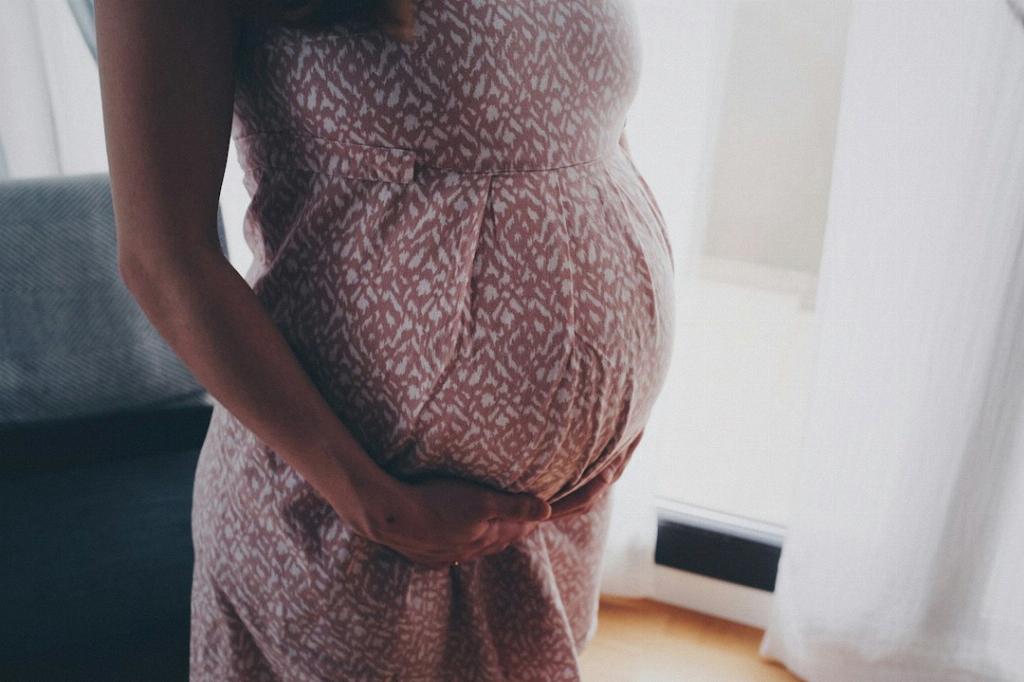It’s natural to have concerns about the safety of pregnancy, given the profound changes a woman’s body undergoes during this time. However, it’s crucial to have a clear understanding of the actual risks involved in order to make informed decisions and alleviate unnecessary anxieties.
Statistics and Risk Factors
According to data from the CDC, the overall risk of maternal mortality in the United States is less than 10 in 100,000 live births. This statistic, while relatively low, can vary based on factors such as race and ethnicity. African-American women face a higher risk, with rates reaching 22 in 100,000 live births. These disparities highlight the importance of addressing systemic issues that contribute to such disproportionate outcomes.
Individual Risk Assessment
While these statistics provide a general overview, it’s essential for expectant mothers to undergo individual risk assessments with their healthcare providers. Factors such as pre-existing medical conditions, previous pregnancy complications, and lifestyle habits can all influence the likelihood of a safe pregnancy.
Access to Prenatal Care
One of the most significant factors in ensuring a safe pregnancy is access to quality prenatal care. Regular check-ups, screenings, and monitoring can help detect and address any potential issues early on, significantly reducing the risk of complications during pregnancy and childbirth.
Support Systems and Resources
Having a robust support system in place is also crucial for a safe and healthy pregnancy. Emotional support, assistance with daily tasks, and access to resources such as childbirth education classes can all contribute to a positive pregnancy experience.
Importance of Nutrition and Exercise
Maintaining a healthy diet and engaging in regular exercise are fundamental aspects of promoting a safe pregnancy. Adequate nutrition and physical activity can help prevent gestational diabetes, high blood pressure, and other conditions that can pose risks to both the mother and the baby.
Mental Health and Wellbeing
Addressing mental health concerns is equally important during pregnancy. The hormonal fluctuations and stressors that accompany this period can impact a woman’s mental wellbeing. Seeking professional help when needed and practicing self-care are essential components of a safe and healthy pregnancy.
Education and Awareness
Staying informed about pregnancy-related issues and seeking guidance from reputable sources can empower expectant mothers to make informed decisions about their healthcare. Education and awareness play a significant role in navigating the challenges and uncertainties of pregnancy.
Early Detection and Intervention
Early detection of complications and timely intervention are crucial for ensuring a safe pregnancy. Regular monitoring of fetal development, maternal health, and prompt consultation with healthcare providers can help address any potential risks proactively.
Empowerment Through Knowledge
Knowledge is a powerful tool when it comes to pregnancy. By being proactive in seeking information, asking questions, and actively participating in their care, women can feel empowered and confident in their journey towards a safe pregnancy.
Community and Peer Support
Connecting with other expectant mothers and engaging with community resources can provide valuable support and insights throughout the pregnancy journey. Sharing experiences, seeking advice, and building a network of support can help women feel less isolated and more empowered.
Celebrating Pregnancy and Motherhood
While it’s crucial to be aware of the potential risks and challenges, it’s also important to celebrate the joy and beauty of pregnancy and motherhood. Embracing this transformative experience with optimism, gratitude, and a positive mindset can contribute to a safe and fulfilling pregnancy.
Conclusion
Ultimately, the chances of a safe pregnancy are influenced by a combination of factors, including access to care, individual health status, social support, lifestyle choices, and proactive management of potential risks. By taking a holistic approach to pregnancy and prioritizing maternal health and wellbeing, expectant mothers can enhance the likelihood of a positive pregnancy outcome.

